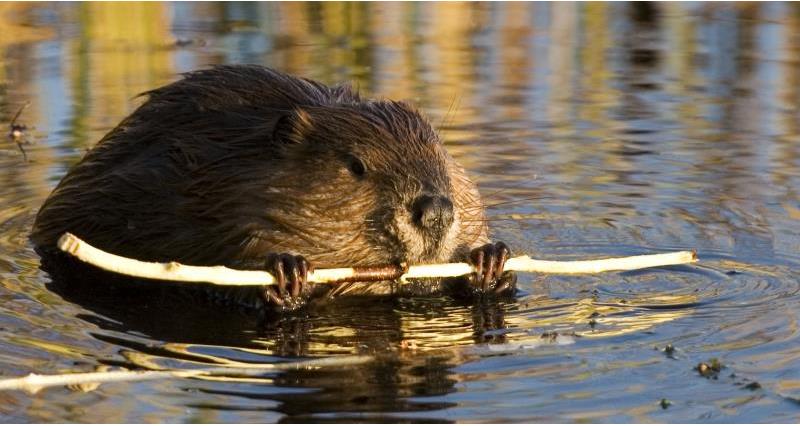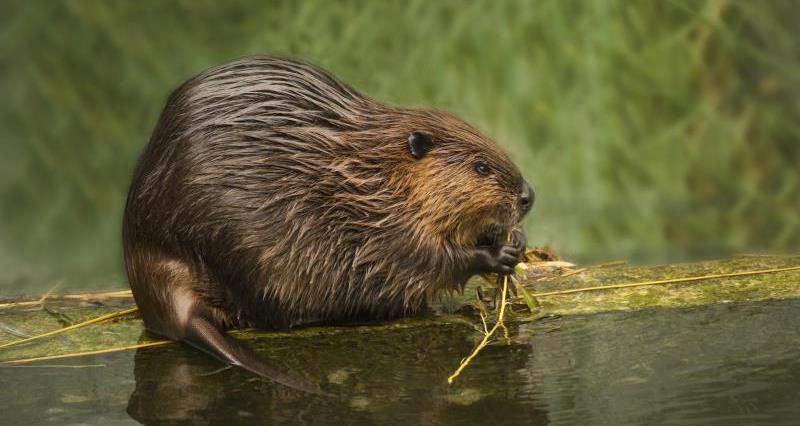Bringing together professionals and stakeholders
The conference brought together researchers, professionals, stakeholders and practitioners to share the latest research, policy, and practitioner experience on beaver restoration.
The conference aimed to address the challenges and opportunities of beaver restoration in the UK.
Attendees had the opportunity to explore questions about the nature-based solutions beavers can provide to river and wetland environments, the management of unwanted impacts, and the best practices for restoring them to their former range.
The conference was a timely event, with beavers returning to Britain and there being an increasing interest from some organisations and individuals in their potential to provide nature-based solutions to environmental challenges.
By sharing current knowledge and experience, the conference aimed to enable attendees to discuss the relative challenges and opportunities ahead in beaver reintroductions and management in the UK.
NFU input
Richard Bramley and Caroline Knox discussed the following points at the conference:
- Beavers are already present in parts of England and have the potential to spread to new territories through rivers and canals.
- Although beavers may have many proposed benefits, such as creating wetlands, offering flood mitigation, diverse habitats, eco-tourism opportunities, and potential to gain Biodiversity Net Gain (BNG) or Carbon Credits, their presence will undoubtedly also cause conflict in some areas.
- The proposed benefits of flood mitigation, nutrient capture, and habitat creation is and can be achieved through alternative methods, such as cover cropping and stewardship options.
- Having a farming voice around the table is critical, and those projects proposing to reintroduce beavers should reach out to farming representatives including the local NFU before any proposed reintroduction.
- If approached, landowners and land managers should engage with those proposing to reintroduce beavers, identify areas of conflict and at-risk landscapes, and inform them about concerns and costs.
- There is a need for management and mitigation of beaver damage, which comes at a cost and is complicated by restrictions on management options.
NFU asks
From 1 October 2022, beavers were designated as a protected species in the UK. The Government announced this change in the legal status of beavers and released management and licensing requirements for their conservation.
The policy developments with beavers and growing interest in species reintroductions brought about the EFRA (Environment Food and Rural Affairs) inquiry on species introductions.
The NFU submitted written and oral evidence to the inquiry, this included the key NFU asks to Government on beavers which are summarised below:
- The NFU would like to see Government consult on and produce a national beaver strategy to provide greater clarity about their long term vision for beavers in England. The Governments approach to beavers should follow a mitigation hierarchy to ensure that the right policy, strategy, and management options are in place to minimise the negative impacts of beavers.
- Government must engage further with farmers and landowners while it finalises the licensing criteria for the wild release of beavers. Further reintroductions of beavers into the wild are on hold until this criteria is finalised.
- Those impacted by beavers including farmers and land managers must have access to sufficient support and funding to prevent and deal with any impacts.
- The current approach to illegal releases, for example in the case of beavers, needs to be backed up with stronger action by Government.

